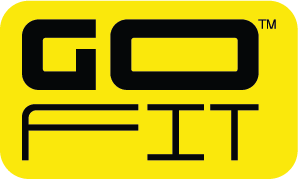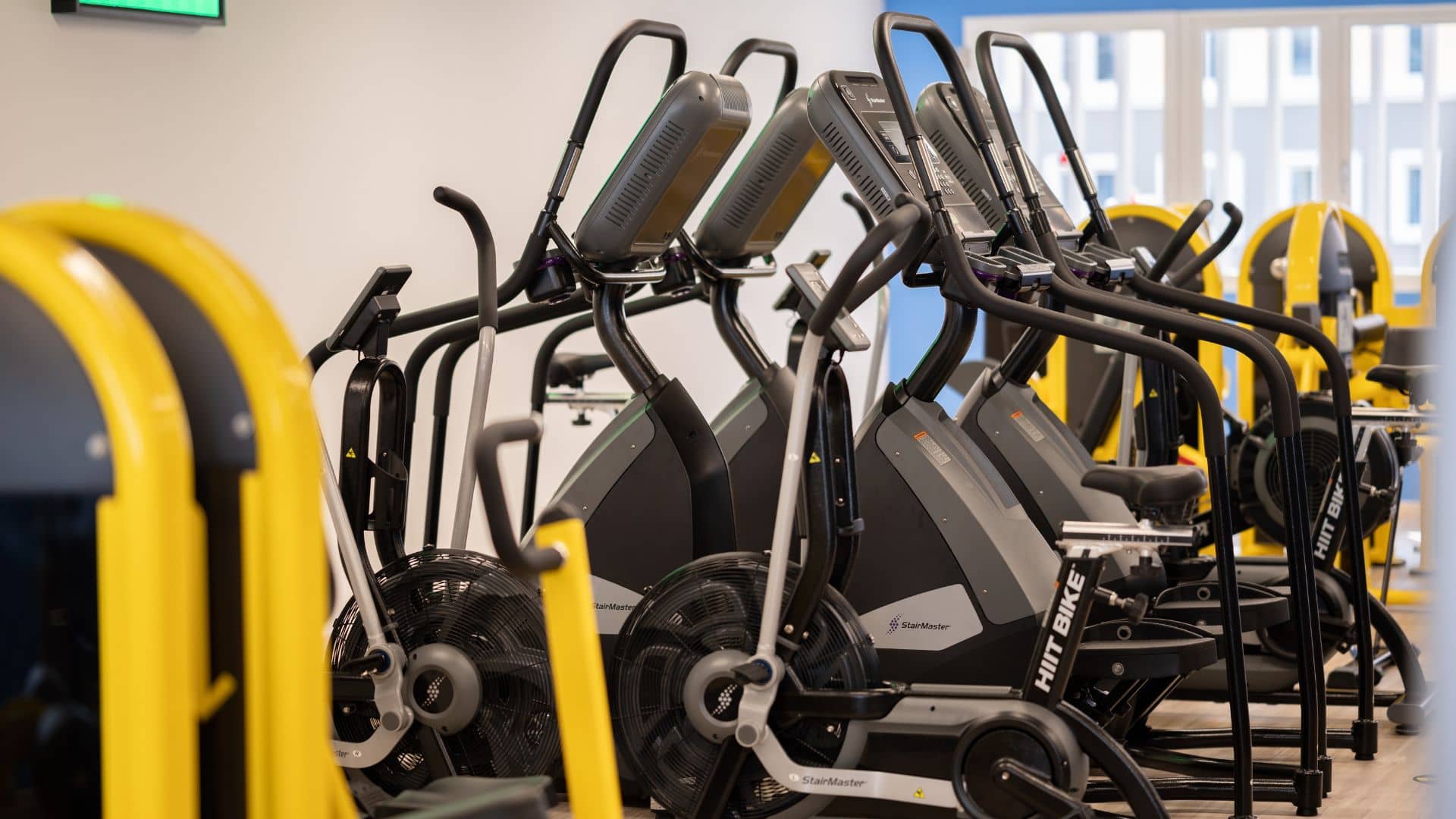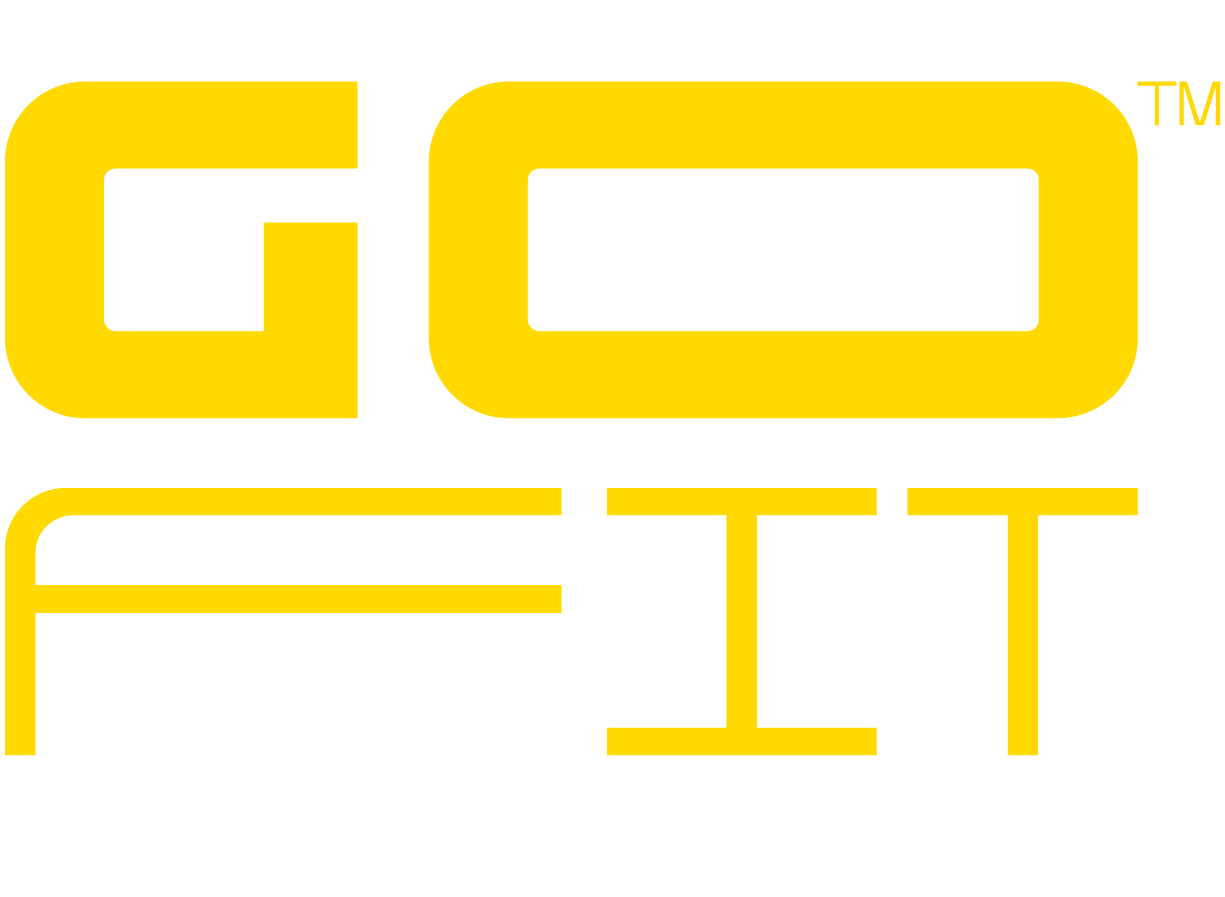Starting a fitness journey is exciting, but let’s face it, navigating the gym as a beginner can feel overwhelming. From improper form to unrealistic expectations, a common beginner fitness mistake is diving in without a plan, beginner fitness foundation mistakes can slow progress and even lead to injuries. The good news? You don’t have to learn the hard way!
Here are the most common beginner fitness mistakes make and the best workout tips for beginners to help you train smarter and see results faster.
1. Skipping Warm-Ups and Cool-Downs
Mistake: Jumping straight into a workout without warming up or heading out the door right after your last set without cooling down.
Why It’s a Problem: A proper warm-up preps your muscles, improves circulation, and reduces the risk of injury. Cooling down helps prevent soreness and aids recovery.
Fix It: Spend 5–10 minutes warming up with dynamic stretches or light cardio (think jumping jacks or brisk walking). After your workout, cool down with static stretches to improve flexibility.
2. Ignoring Proper Form
Mistake: Lifting weights with incorrect posture or using momentum instead of muscle control.
Why It’s a Problem: Poor form can lead to strain, imbalances, and injuries, especially in compound movements like squats and deadlifts.
Fix It: Prioritise how to improve form over lifting heavy. Start with bodyweight exercises or light weights, use mirrors to check posture, and ask trainers for guidance.
Get Started the Right Way: Personal Training is the perfect way to start if you’re new to fitness. Learning the right techniques and what works best for you not just sets you up for success, it also prevents and reduces the likelihood of injuries. Learn more about Personal Training at GoFit.
3. Doing Too Much, Too Soon
Mistake: Hitting the gym daily, lifting heavy, or jumping into intense workouts without building a foundation.
Why It’s a Problem: Overtraining leads to burnout, soreness, and a higher risk of injury. Your body needs time to adapt.
Fix It: Start with 3–4 workouts per week, allowing recovery days in between. Follow a structured plan focusing on progressive overload—gradually increasing weights or reps over time.
4. Only Focusing on Cardio
Mistake: Spending hours on the treadmill but avoiding strength training.
Why It’s a Problem: While cardio is great for heart health, strength training builds muscle, boosts metabolism, and improves overall strength.
Fix It: Balance your routine with both cardio and resistance training. Aim for at least two strength sessions per week using bodyweight, dumbbells, or resistance bands.
Read also: Cardio vs. Strength Training: Which is Better for Weight Loss?
5. Not Having a Plan
Mistake: Walking into the gym without a set routine, hopping from machine to machine.
Why It’s a Problem: Without structure, it’s harder to track progress or work all muscle groups effectively.
Fix It: Follow a beginner fitness foundation workout plan that includes strength, cardio, and flexibility exercises. Apps, trainers, or gym programs can help you stay on track.
Read also: Try this beginner workout plan here.
6. Neglecting Recovery & Sleep
Mistake: Not prioritising rest days or skimping on sleep.
Why It’s a Problem: Muscles grow and recover during rest. Poor sleep affects performance, energy levels, and overall progress.
Fix It: Schedule at least one full rest day per week and aim for 7–9 hours of quality sleep each night. Post-workout nutrition also plays a key role in recovery.
Read also: How sleep impacts fitness progress here
7. Not Fuelling Your Body Properly
Mistake: Training on an empty stomach or eating the wrong foods post-workout.
Why It’s a Problem: Nutrition fuels workouts, aids muscle repair, and supports overall health.
Fix It: Eat a balanced pre-workout meal with carbs and protein (e.g., banana with peanut butter). After training, refuel with protein-rich meals like chicken, eggs, or a smoothie.
8. Comparing Yourself to Others
Mistake: Feeling discouraged because you’re not lifting as much or running as fast as someone else.
Why It’s a Problem: Everyone has a different starting point. Comparing yourself to advanced lifters or athletes can lower motivation.
Fix It: Focus on your own progress and celebrate small wins. Fitness is a long-term journey – compete with yourself, not others.
Starting strong means avoiding common gym mistakes and building a solid beginner fitness foundation. By focusing on proper form, recovery, balanced training, and nutrition, you’ll set yourself up for long-term success.
Ready to kickstart your fitness journey? Join GoFit and get expert guidance, structured workouts, and a community that supports your progress!







